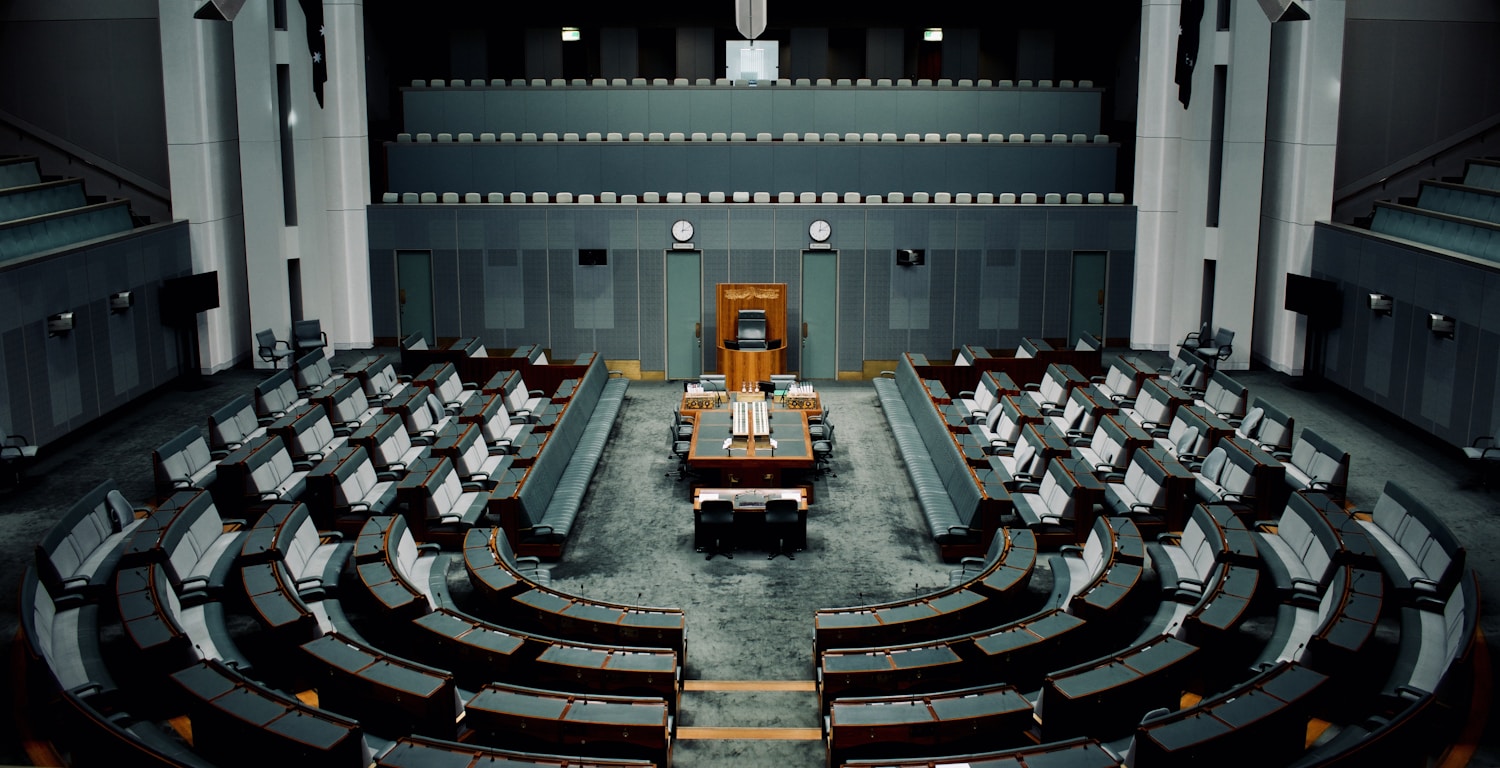by
Title of blog article
date
Subtitle 1
Almost one year after the WHO officially declared the COVID-19 outbreak as a pandemic, it is still unclear (despite the optimism reigning in some of us):1. When will the ongoing pandemic will end.
2. When will things go "back to normal".
3. And what "normality" will look like in the first place.
The pandemic has demonstrated that working from home is not as bad as once thought. Judicial systems, law schools, and lawyers alike have learned to adapt to the extraordinary disruption that this pandemic has caused. We have, in the simplest of words, learned how to live "a new normal".
One lesson that WTO litigants (and international trade litigants in general) have surely learned, in trying to keep the system afloat during the pandemic, is that trade courts must be prepared to adjudicate remotely.
Through comparing the practice of the WTO and Regional Trade Agreements (RTA) tribunals with that of other state-to-state judicial bodies (particularly, the ICJ and the ITLOS), as well as with the practice of the International Criminal Court (ICC) and the International Residual Mechanism for Criminal Tribunals (IRMCT)), I realized how much fitter these other systems are to adjudicate remotely compared to how less fit the WTO and RTA systems are. It is worth noting that the International Bar Association issued a revised version of its Rules on the Taking of Evidence in International Arbitration on December 2020. The most significant amendment adopted by the IBA relate to the introduction and use of remote hearings. At the time of writing, the WTO legal system does not contemplate rules on the holding of remote hearings or meetings. RTA legal systems tend to follow suit.
Subtitle 1
By far, the most complex dispute settlement mechanisms of international adjudication are those of the international criminal courts - the ICC and the IRMCT being at the forefront of this group. It is thus insightful to see how well equipped the ICC and the IRMCT are to adjudicate remotely - despite the level of sophistication of the litigation taking place at those forums.The IRMCT Chambers are allowed by statute to order that proceedings are conducted remotely. For example, Article 96 of the IRMCT Rules of Procedure and Evidence states that:
At the request of a Party or proprio motu, a Judge or a Chamber may order, if consistent with the interests of justice, that proceedings be conducted by way of video-conference link.
This IRMCT rule has been in place since June 2012.
The ICC Rules of Procedure and Evidence do not contain an homologous provision, but recent guidelines were issued in June 2020 to enable the holding of remote hearings. The only scenario contemplated in these Rules for the holding of remote hearings pertains to certain extraordinary procedures, adjudicated by the Appeals Chamber, which are dedicated to reviewing the penalty of a sentenced person. According to Article 224 of the ICC Rules, the hearings relating to such procedures "may be conducted by way of a videoconference" and only "under exceptional circumstances". However, even though the ICC Rules themselves do not expressly authorize ICC Chambers to hold remote hearings, the ICC issued on 23 June 2020 the Guidelines for the Judiciary Concerning the Holding of Court Hearings During the COVID-19 Pandemic. These COVID-19 guidelines authorize all ICC Chambers to determine whether any hearings can take place by way of physical hearing held in one or more of the ICC’s courtrooms, a remote hearing facilitated through the use of communications technology, or a combination thereof.
Subtitle 2
By far, the most complex dispute settlement mechanisms of international adjudication are those of the international criminal courts - the ICC and the IRMCT being at the forefront of this group. It is thus insightful to see how well equipped the ICC and the IRMCT are to adjudicate remotely - despite the level of sophistication of the litigation taking place at those forums.The IRMCT Chambers are allowed by statute to order that proceedings are conducted remotely. For example, A
Providing security and predictability to the multilateral trading system is one of the cornerstone objectives of the WTO dispute settlement mechanism, and it appears that the system is not legally fit to live up to this standard if remote adjudication ultimately becomes the norm. In getting in shape, international trade tribunals may want to draw lessons from how other systems have been adapting to adjudicate remotely, Remote meetings and hearings, online case filing, and virtual taking of expert evidence are some of the measures that come to mind which could contribute to making the work of WTO and regional trade tribunals pandemic-ready. Adjudicating remotely could also speed up delivery times, an issue that has been well documented and discussed recently.
Conclusion
Providing.Providing security and predictability to the multilateral trading system is one of the cornerstone objectives of the WTO dispute settlement mechanism, and it appears that the system is not legally fit to live up to this standard if remote adjudication ultimately becomes the norm. In getting in shape, international trade tribunals may want to draw lessons from how other systems have been adapting to adjudicate remotely, Remote meetings and hearings, online case filing, and virtual taking of expert evidence are some of the measures that come to mind which could contribute to making the work of WTO and regional trade tribunals pandemic-ready. Adjudicating remotely could also speed up delivery times, an issue that has been well documented and discussed recently.AUTHOR(S)

Dr. Manuel Sanchez Miranda
Partner, International TradeEnglish